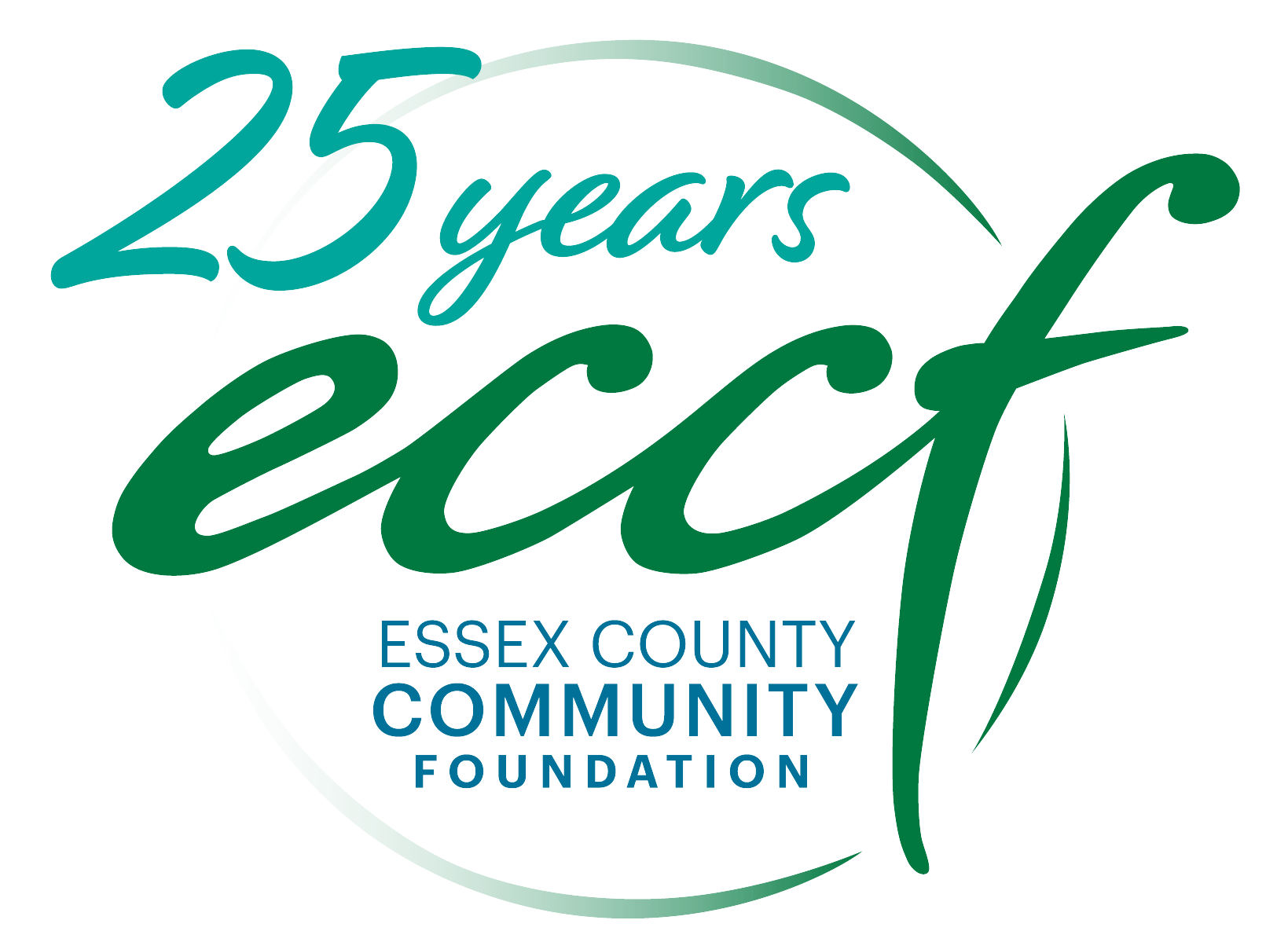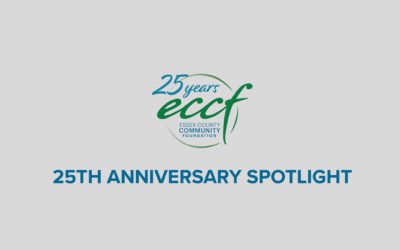COLUMN IN THE SALEM NEWS
By Stratton Lloyd and Michelle Xiarhos Curran
SEE ORIGINAL COLUMN IN THE SALEM NEWS HERE.
As chief program officer of nonprofit North Shore Community Development Coalition (CDC), Felicia Pierce meets many Essex County residents who lack some of life’s most basic necessities, including access to the internet.
According to a recent report commissioned by ECCF, nearly 60,000 households in Essex County do not have access to a high-speed internet connection, a service that surpassed being a “nice-to-have” a long time ago.
“I think that people don’t realize that now, in today’s world, having access to the internet is an essential need,” Pierce said. “Everything that we do revolves around the internet.”
The pandemic, a time when nearly all aspects of our lives went virtual, proved that. And when you don’t have that access – or access to devices and the education to know how to use them – not only is life more difficult, but opportunities to thrive in a changing world are lost. Pierce has seen firsthand how the digital divide – which is mired in issues of economic opportunity and racial equity – has affected Salem residents, particularly those who live in the Point, a densely populated, culturally diverse neighborhood where the CDC operates many of its affordable housing units.
“It affects the children in school. It affects the parents that have to go to work and sometimes use the internet for work. It affects seniors who are stuck in their homes and don’t have access to actual people,” she said.
It impacts small businesses too. In neighborhoods like the Point and many others in Gateway Cities across Essex County where needs are greatest, not only were business owners unable to move operations online during the pandemic, but applying for federal relief funding without the internet, or even an email address in many cases, was near impossible.
Through grassroots efforts, collaborations and partnerships with local and state funders, Pierce and her team at the CDC have been able to ease some of this burden. They helped students in their YouthBuild program earn their high school diplomas by supplying them with computers and wireless cards. For small businesses, they facilitated email sign-up and classes on accessing federal funds.
“I think all of these partnerships really are important and essential to the work we do,” said Pierce.
But there is still so much work to be done.
Earlier this year, Essex County Community Foundation (ECCF) announced Advancing Digital Equity, a collaborative, multimillion-dollar systems effort to empower thousands of residents with the access, tools and learning to fully participate in the digital world.
Today, as part of that effort and to amplify the hard work of people like Pierce and many others, ECCF is pleased to announce a new partnership with the Massachusetts Broadband Institute at the Massachusetts Technology Collaborative (MassTech), a public agency that helps foster innovation across the state. ECCF and MassTech will work together with local nonprofits, municipalities and businesses to deploy approximately $700,000 in state funds to support vital WiFi community hotspots in neighborhoods across Essex County’s six gateway cities, which include Haverhill, Lawrence, Lynn, Methuen, Peabody and Salem. The funding is part of an initiative announced in January by the Baker-Polito Administration to boost internet access statewide.
“These communities face some of the highest needs in the state, which is why it is critical we focus on Gateway Cities when beginning to tackle the pervasive challenge of digital equity,” said Undersecretary Ashley Stolba of the state’s Executive Office of Housing and Economic Development. “We truly believe that collaboration – especially at the local level – is vital to making any project sustainable. ECCF has established trusted relationships in the communities it serves, and so we are thrilled to be partnering with them to help more people gain the digital access they deserve.”
With critical support like this, we can begin to reimagine our Gateway Cities, and all communities in Essex County, as places where:
- Small businesses – markets, barbershops and restaurants – can easily access critical resources and increase their opportunity to compete in an increasingly digital world.
- Students have equal access to the technology that is vital to educational success.
- Seniors, who are often homebound, can connect with family members and engage with friends and social groups to avoid loneliness and depression.
- Residents have the ability to complete online tasks that many of us take for granted, like searching for a job, filing for unemployment, visiting with a doctor or looking for information.
But we need all hands on deck to achieve this. We need funders to come forward with financial support. We need volunteers to come to the table with skills and innovative ideas. And we need our nonprofits to candidly communicate the needs in the communities they serve. If we do not come together, we cannot move EVERYONE forward; the work to advance digital equity is critical to the health and vitality of every resident and every community in Essex County, and it cannot wait.
“Technology is not the future, technology is now,” said Pierce.
To find out more about the digital divide in Essex County, ECCF’s work on this challenge and how you can get involved, join us on June 10 for a special Digital Equity Zoom session following our community-wide event, Rising Together. Learn more at eccf.org/risingtogether. Stratton Lloyd is executive vice president and COO at Essex County Community Foundation. Michelle Xiarhos Curran is the foundation’s communications writer.



